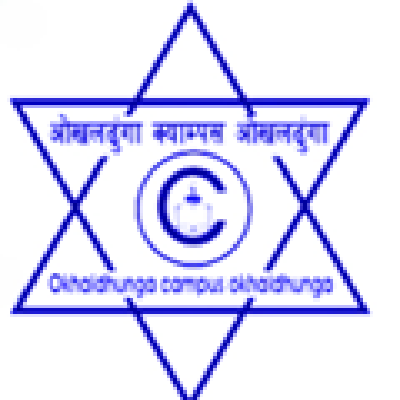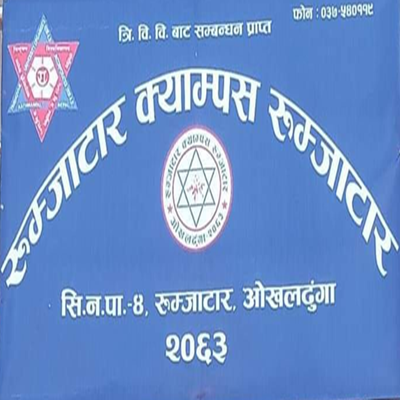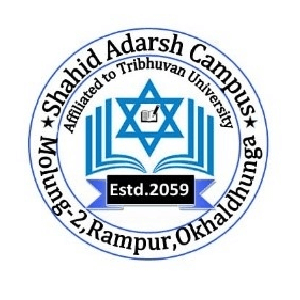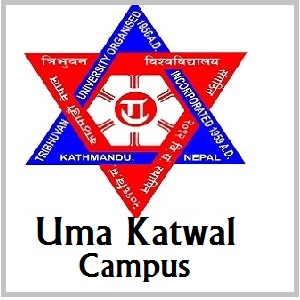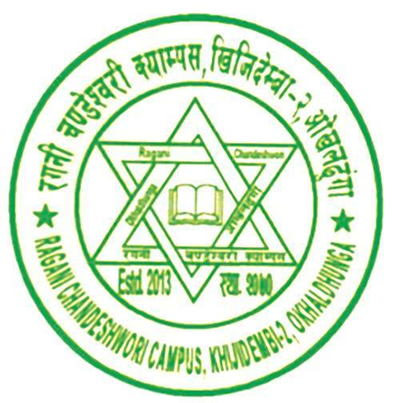Overview
Gyan Jyoti Community Campus, established in 2008 AD (2065 BS), is a community-oriented academic institution in Ghorakhori, Ward No. 6 of Champadevi Rural Municipality, Okhaldhunga, Nepal. Approximately 36 kilometers from the district headquarters, the campus serves students from remote municipalities like Likhu and Sunkoshi.
It operates as a non-profit institution affiliated with Tribhuvan University (TU) and recognized by Nepal's University Grants Commission (UGC).
The then Finance Minister inaugurated the campus on Falgun 29, 2065 BS, and it has since contributed to local access to higher education. It was founded to expand learning opportunities for students who could not afford to relocate to urban centers. Today, it is the only community campus in the municipality, providing full-time undergraduate education, especially to marginalized groups, including Dalits, Indigenous communities, and women.
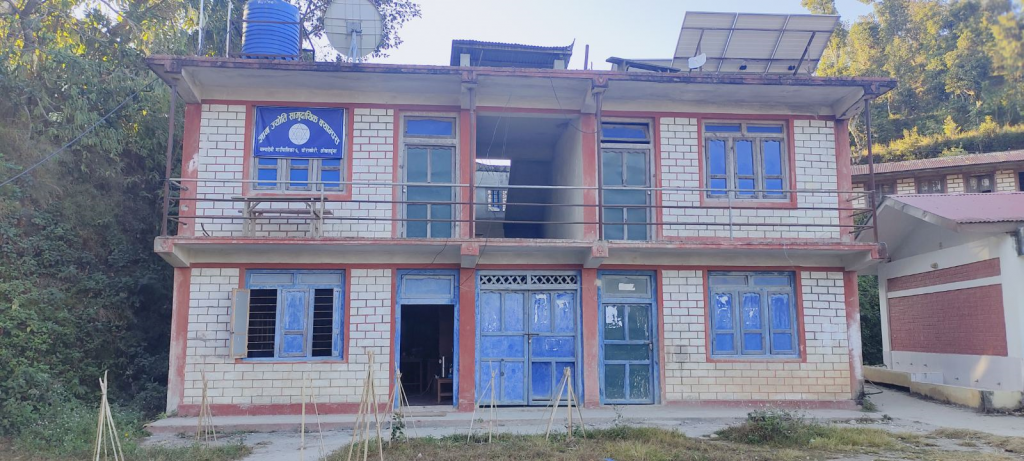
Academic Programs
Gyan Jyoti Community Campus offers a four-year Bachelor of Education (B.Ed.) program under the Faculty of Education, affiliated with Tribhuvan University. Students can specialize in three subjects:
-
Nepali
-
English
-
Population Studies
The program integrates foundational knowledge with subject-specific instruction to prepare future educators to address Nepal's diverse classroom needs. Admission is open to those who have completed higher secondary education (10+2 or equivalent) in any stream.
Admissions Process
The admissions process at Gyan Jyoti Community Campus is straightforward and student-focused. Students must:
-
Have completed 10+2 or equivalent education from a recognized institution.
-
Submit academic transcripts, character certificates, and recent photographs.
-
Complete the application form available at the campus office.
Priority is often given to students from local communities, and the campus maintains an inclusive admission policy.
Campus Life
Student life at Gyan Jyoti Community Campus is rooted in community participation and mutual support. Though located in a remote setting, students benefit from a close-knit academic environment that encourages cooperation and self-directed learning.
Students frequently participate in guardian meetings, community interactions, and campus assemblies, strengthening the bond between the institution and its social surroundings. A recent guardian gathering saw 150 guardians attend, demonstrating the community's active involvement.
Faculty and Teaching Methodology
The teaching methodology combines theoretical knowledge with practical application. The campus promotes academic engagement through:
-
Group assignments and discussions
-
Project work and mini research activities
-
Practice teaching programs
-
Report writing exercises
Efforts are also being made to integrate information and communication technologies (ICT) into learning. Although internet access remains limited, alternate arrangements are in place to support digital learning.
Campus Facilities
Infrastructure
Although the campus has acquired 13 Ropani of land, it lacks a dedicated academic building. Classes are conducted in shared spaces belonging to Shree Gyan Prakash Secondary School. Campus-owned assets include:
-
26 chairs
-
7 cupboards
-
4 tables
-
7 whiteboards
-
1 notice board
-
10 desktop computers
-
2 laptops
-
2 printers
Library and Educational Materials
The campus has a library with limited textbooks and reference materials. Plans are underway to expand the collection with support from the Rural Municipality and other donors. The ICT lab includes:
-
2 laptops
-
1 photocopy machine
-
10 desktop computers
Internet access is currently managed through alternative means. The campus recognizes the need to strengthen its academic resources to match the growing student population.
Student Life and Extracurricular Activities
Students at Gyan Jyoti Community Campus come from a range of socioeconomic backgrounds. Female students represent over 64% of the student body, with 177 female students out of 278 enrolled. The institution has played a pivotal role in enabling rural students, especially women, to pursue higher education within their own communities.
Extracurricular activities are community-focused. Students participate in:
-
Educational tours
-
Teacher training programs
-
Cultural events
-
Guardian assemblies
These activities support both academic development and social awareness.
Scholarships and Financial Aid
The campus provides financial assistance to deserving students from marginalized and low-income backgrounds. Scholarships are commonly awarded to:
-
Female students
-
Dalit communities
-
Indigenous groups
-
Economically disadvantaged families
These efforts aim to increase access to education and reduce drop-out rates. The scholarships cover partial or full tuition and are sourced through internal funding and local governmental support.
Achievements and Recognitions
Since its inception, the campus has made gradual yet measurable progress. Highlights include:
-
Increasing student enrollment from 42 to 278 in recent academic years
-
High female participation contributes to greater gender parity in higher education
-
Institutional support from Shree Gyan Prakash Secondary School
-
Community recognition as the only community campus in the area
Why Choose Gyan Jyoti Community Campus?
-
Provides higher education access in rural Nepal
-
Offers low-cost education with scholarship opportunities
-
Specializes in teacher education, supporting national educational goals
-
Strong community involvement and support
-
Practical teaching methods with an increasing emphasis on ICT
-
Promotes gender-inclusive education
Students can study in their hometown while saving on travel and living costs. This makes the campus a reliable alternative for rural students aspiring to complete their undergraduate degrees.
Conclusion
Gyan Jyoti Community Campus continues to be a vital educational institution for the Okhaldhunga district and surrounding rural areas. Despite financial and infrastructural challenges, it remains dedicated to serving students with quality and accessible education. As a community-run, non-profit campus, it has significantly contributed to local development by providing academic opportunities to those who might otherwise be left behind.
The campus is steadily working toward academic and infrastructural self-reliance through collaboration with the University Grants Commission, local municipalities, and committed faculty. With continuous support, Gyan Jyoti Community Campus aims to expand its offerings, improve outcomes, and remain an anchor for higher education in the region.
Contact Gyan Jyoti Community Campus's administrative office for detailed information on the course, admissions, location, fees, scholarships, facilities, counseling or eligibility.
Contact Details
Gyan Jyoti Community Campus
Email Address: gyanjyoti775@gmail.com
Phone Number: +977-9851228333, +977-9851119555
Website: https://gyanjyoticampus.edu.np
Location: Champadevi Rural Municipaliy-6, Ghorakhori, Okhaldhunga



